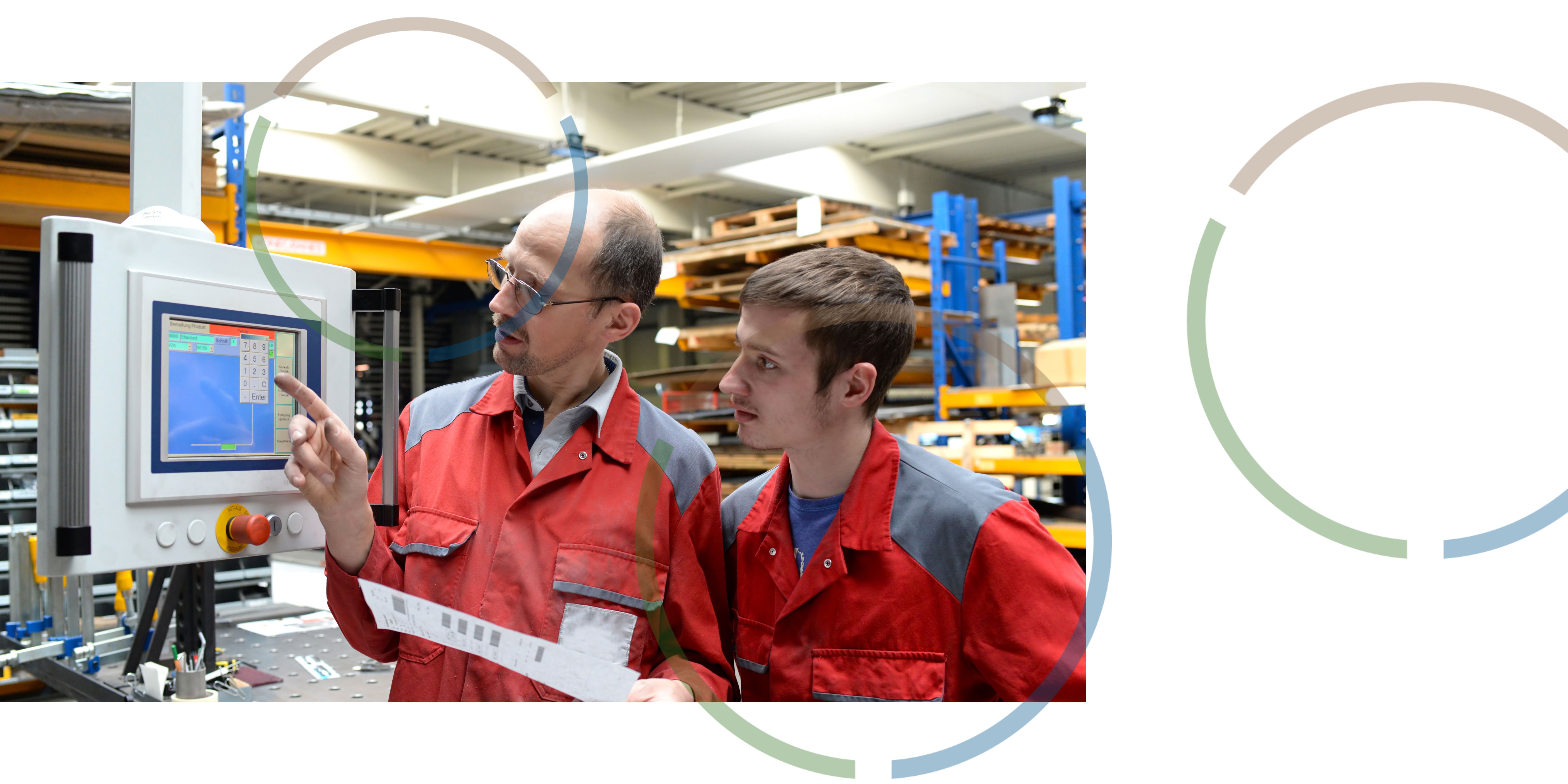Accounting is a highly skilled profession, with accounting staff working at many different levels. Apprentices who qualify as accounting technicians might work as accounts assistants, credit control clerks, accounts clerks, or finance assistants, all helping accountants keep financial records and prepare accounts.
Tasks will include things such as balancing accounts, processing invoices and payments, completing VAT returns, helping to prepare financial statements and reports and handling banking and petty cash.
If you complete the higher apprenticeship, you can progress to full membership of the Association of Accounting Technicians. You could then complete a professional accountancy qualification with a chartered body.
This progression can lead to a specialist role in accounting. It’s also possible to enter a higher education course in a subject related to accounting, banking, insurance, or other financial services.
There are three types of apprenticeships in this field, intermediate, advanced and higher level. The level would depend on the specific role available.




